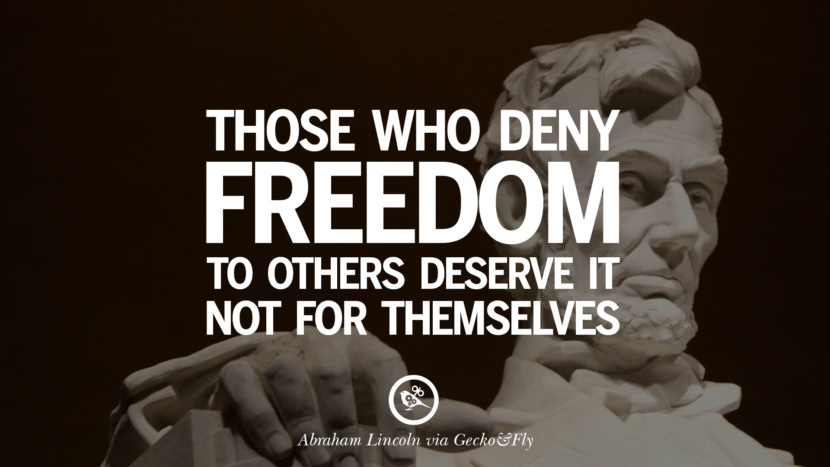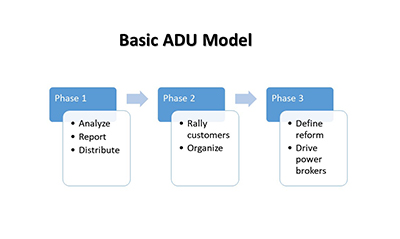While the edifices still evoke the intellectually exploratory college experience of past generations, enter the classrooms, but today most grads would not recognize their schools. Rather than encouraging free debate and allowing students to test their own thinking without judgment, course curriculums – from the arts to science--are often infused with a drumbeat of political ideology where disagreement is not tolerated. Listen to find out for yourself. Audit a class or listen in to an online lecture. Many are not what they say they are, and students can be cancelled in the case if they raise the "wrong" questions. It is a trying time.

Free societies are havens for dissent and disagreement. This unfettered open inquiry is required for groundbreaking problem solving, innovation and mass prosperity. How do we return this attribute of higher education? No culture that restricts freedom of inquiry has continued to advance. No government-controlled economy has led to prosperity. Academic freedom, is the catalyst for a prosperous, thriving society.
We cannot rely on academia to self-regulate. Alumni and Donors Unite is a force for change from outside the academy. Our model moves from facts on the ground to implications and awareness, all for the customers (students, parents, alumni, donors, and even the professors) to become aware.
We have found thus far that the awareness is low amongst these groups. We chose to define cases that have a chance of success, defined as a move forward for academic freedom, in terms of media attention or actual reform on campus. One thing is certain rarely if ever will an institution reform itself based on input from a few customers. It will take a unified, strong voice to gain change. Change can occur based on customer initiatives that they define. The full 3 phase model is outlined below. The time to complete these 3 phases is hard to predict. In an institution that has been woke for sometime or with a large endowment, there is less leverage for the customers. ADU will select institutions with financial dependence on the customers.
The minimum case is one that can benefit from media attention be shined on its actual policies and culture. Most woke institutions do not disclose what is really going on internally. With cancel culture the conditions are assumed to be kept out of the public's eye, until a concern like ADU shines a light on what is really happening.
The three phase model defined by and for ADU is unique and action oriented, making it a good compliment to other think tanks.

Our model can be replicated and used at any other school, answering a vast unmet need throughout higher education in America.